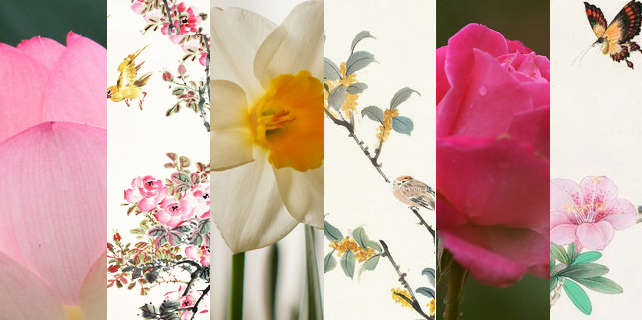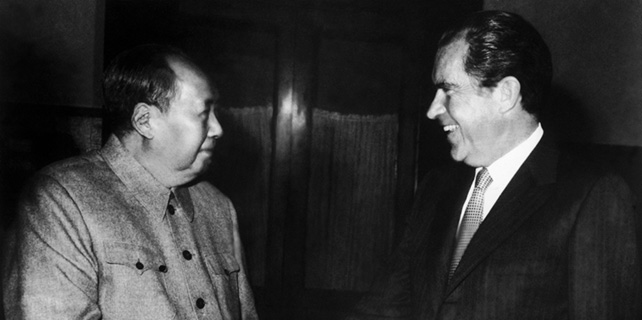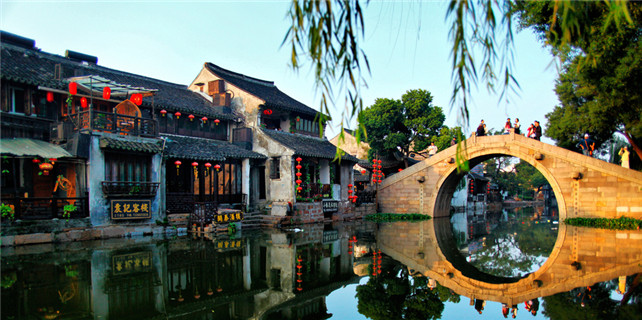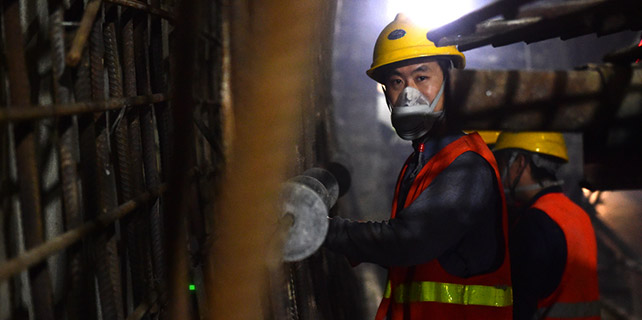A unique journey from the US to China and back
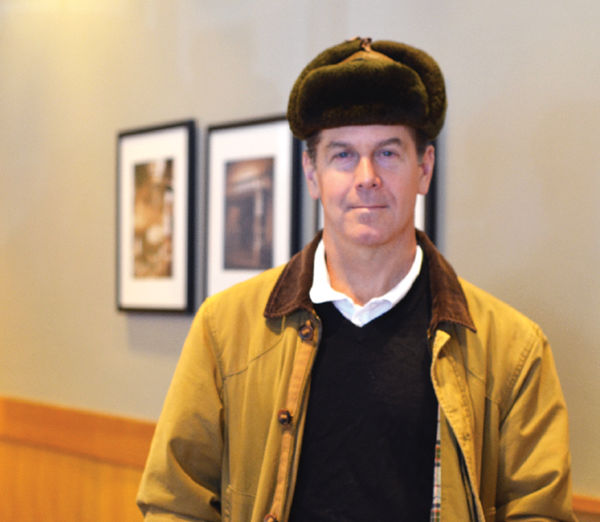 |
|
Mahlon Meyer, senior consultant for Aegis Living, an Asian-based retirement community, gives monthly classes on Chinese history to promote East Asian culture. Linda Deng / China Daily |
Mahlon D. Meyer, a well-known historian in the Greater Seattle area, wrote his memoir — his favorite book — in Chinese and likes people to call him by his Chinese name: Ma Yilong.
Meyer's background and experience with China is unique, to say the least.
He started to learn Chinese through the influence of his father, who works in the media industry, and had been interested in China and travel to China since his childhood.
"At 4 years old, I traveled with my father to Japan and stayed there for several months. It was my first contact with Asian culture," Meyer recalled.
When he entered Stanford University, he met Professor Zhuang Yin, who taught Chinese.
"I really enjoyed his class, with interesting talks, the beautiful calligraphy and poetry. I have been attracted to the Chinese language ever since," Meyer said.
"I first visited the Chinese mainland in 1987 when my mother and I went to find an 80-year-old mother living in Nanjing. Her son had been my host father in Taiwan and had gone to Taiwan in 1949, when he was 10 years old. He hadn't seen his mother in 40 years. We tracked down his mother and they made contact," he said.
"My mother used to say that the Chinese people have the spirit of human kindness — ren qing wei," he said. "Chinese people have always been very kind to me."
Meyer then worked as a journalist in Asia for more than a decade, mostly for Newsweek magazine, where he was an award-winning staff correspondent based in Hong Kong, covering subjects as diverse as China's economic rise and the growing influence of China in Southeast Asia.
He also rose to national prominence in Chinese media as a daily participant in China's equivalent of CNN's Crossfire, a debate program in which he matched wits (in Mandarin Chinese) with leading intellectuals and business figures. The program, carried by Phoenix Television, reached the upper echelons of Chinese society and was closely watched.
Meyer was then invited by a publishing house in Beijing to publish his memoirs in Chinese, which happened the following year.
Meyer has published two other books in Chinese: one is a collection of articles about Taiwan; the other, just released, is a popular history about the complicated reunions Chinese families face after 50 years of separation, Remembering China from Taiwan: Divided Families and Bittersweet Reunions after the Chinese Civil War, which he researched by conducting oral interviews with surviving soldiers of the 1949 retreat from Chinese mainland after the communist victory, their families on Taiwan and their family members "left behind" in the mainland.
When he returned to the US from China for a PhD, he found that, upon starting to teach, many of the visiting Chinese students already knew of him and had read his autobiography.
At the University of Washington, where his course load included courses on modern China, Chinese civilization, and late imperial China, he has developed a special connection with the large number of Chinese students there.
In interviews with the media, Meyer has mentioned that Chinese students in the US have an independent energy that is unstoppable. "They are good role models. They never give up and they preserve their values."
As for the US-China relationship, Meyer thinks the most important thing is to promote mutual understanding. "This is consistent with Confucian philosophy — to see all men as brothers and all women as sisters," he said.
Meyer said he loves Chinese philosophy and history and that it gives him a moral base.
"For instance, Confucius said if your father steals a sheep, it is more important to protect him than follow the law. I respect filial piety".
Now Meyer works as senior consultant for Aegis Living, an Asian-based retirement community.
"We are intending to make our Aegis Gardens of Newcastle not only the best assisted living and memory care community for Asian/Chinese people, we are also working to make it a center of Chinese and Asian culture with educational, cultural and social programming," he said.
The development site in Newcastle carries deep cultural relevance. In the late 1800s, immigrants from China mined coal there, contributing to Seattle's rise to prominence.
Some 92,000 Chinese-Americans live within a 25-mile radius of the Newcastle location. Aegis Gardens' community programming will include celebrations of Chinese holidays, traditional cuisine, mahjong, calligraphy, cribbage, tai chi classes, a central zen garden and a tearoom.
Meyer spends most of his spare time with family. He enjoys reading and likes to row crew. And he sometimes travels to Asia. "My favorite part of China is the Summer Palace. I went there with my family last year. It was graceful and elegant and serene," he said.








